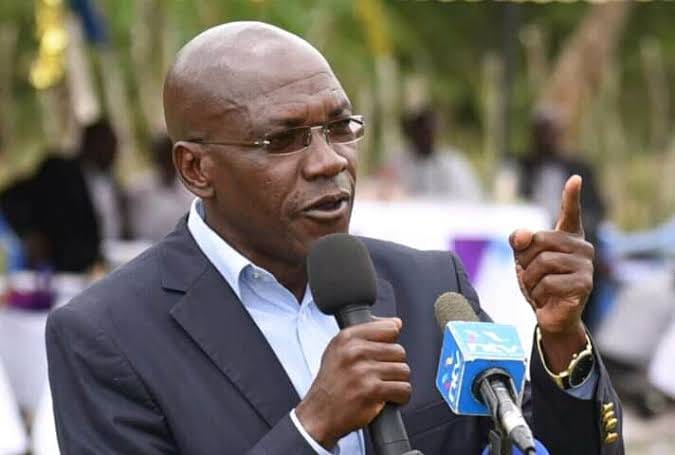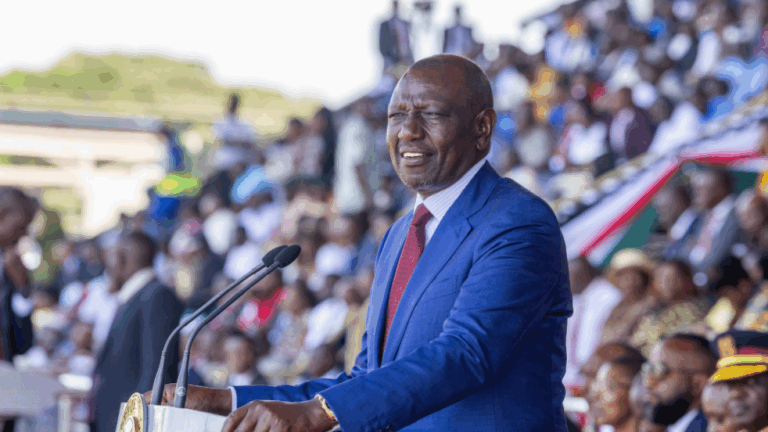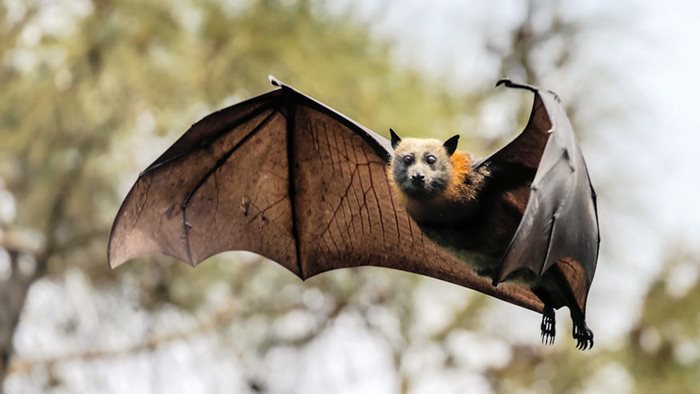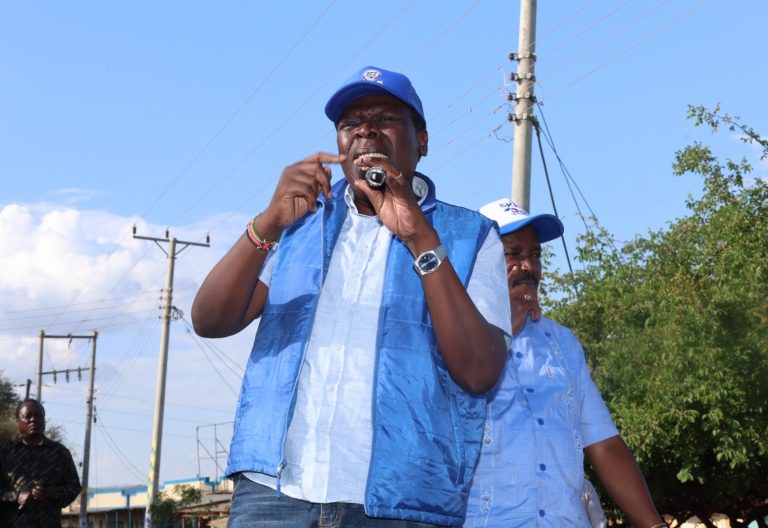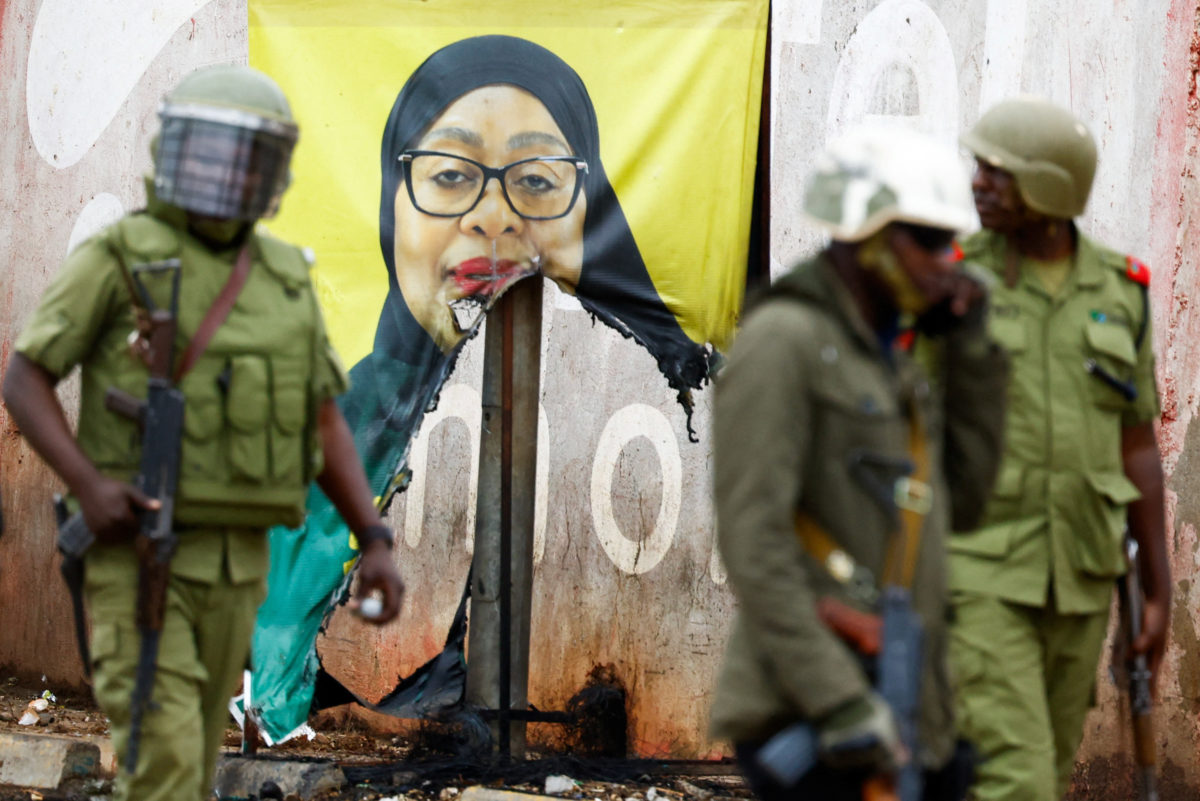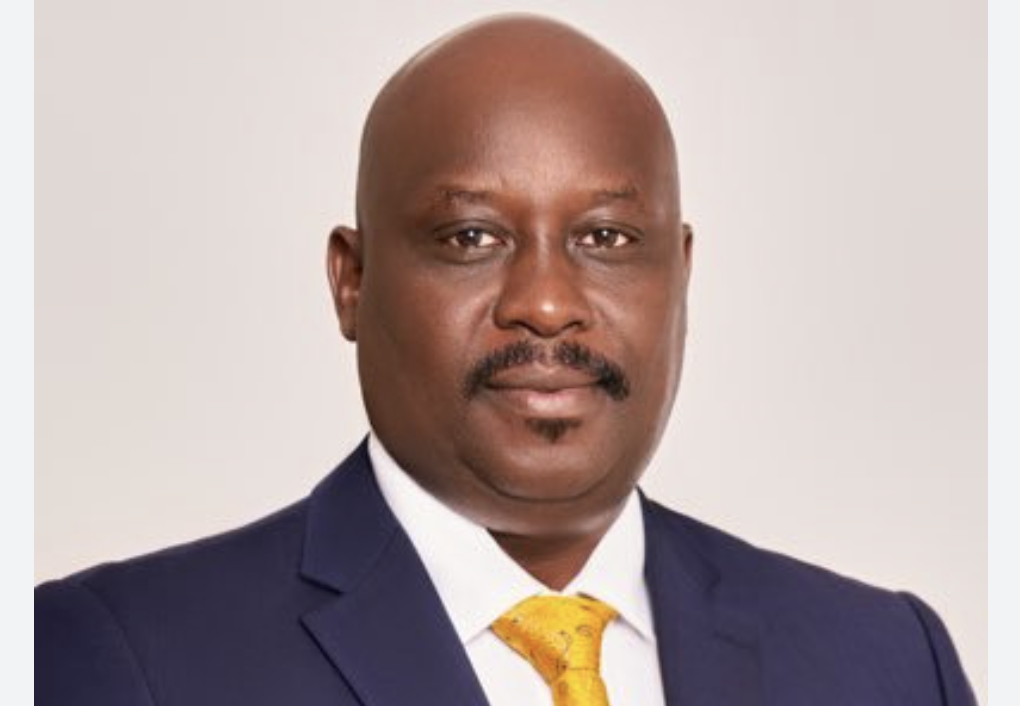
A political storm has erupted in Uganda’s lead-up to the 2026 general elections after opposing candidate Jet John Ndamagi Tumwebaze formally demanded certified copies of the academic documents submitted by Godfrey Aine Kaguta, better known as “Sodo” — the younger brother of Yoweri Museveni and newly-nominated flag-bearer for the ruling National Resistance Movement (NRM) in Mawogola North Constituency.
The letter to the Electoral Commission of Uganda (EC), dated October 27, states that Tumwebaze “would like to satisfy myself that the said Mr Aine is qualified to be a Member of Parliament in accordance with Article 80(1)(c) and 30(c) of the Constitution of the Republic of Uganda, and Sections 4(1)(c) and 30(c) of the Parliamentary Elections Act Cap 177 (Revised Laws of Uganda).”
What triggered the confrontation
Kaguta was formally nominated as the NRM flag-bearer for Mawogola North on October 22. A day later, Tumwebaze secured his nomination for the same seat. The rapid mobilization in what is considered a stronghold of the Museveni family has stirred opposition concern and raised questions about whether the nomination amounted to dynastic succession.
The opposition candidate’s move to request certified academic files comes amid allegations — though not yet proven — that Kaguta may not meet the required educational threshold to serve as a Member of Parliament. In public statements, Tumwebaze has gone as far as alleging that Kaguta “can’t read and write” and therefore lacks the capacity to fulfil legislative duties.
Legal and institutional context
Under Ugandan election law, individuals wishing to contest for Parliament must meet specific academic qualifications and submit verified credentials during the nomination process. Any registered voter in the relevant constituency has the legal right, under the Access to Information Act (Cap 95) and the Parliamentary Elections Act, to request inspection of nomination documents. The EC has acknowledged such requests, but stressed that the materials are not automatically made public.
EC spokesperson Julius Mucunguzi noted: “During or after nominations, any registered voter can request to inspect the files that will have been submitted during the nomination exercise. This should not amount to something out of the ordinary or special.”
The unfolding controversy signals more than a challenge to one candidate’s credentials; it underscores broader tensions in Ugandan politics over elite succession, fairness in electoral process and the integrity of nomination procedures. With the Museveni family’s influence deeply entrenched in the region, any irregularity in the nomination or qualification process could spark public outrage, legal battles or internal party fractures.
Furthermore, Mawogola North is a highly symbolic constituency. The involvement of a President’s sibling in contesting the seat raises concerns about the fusion of familial power and democratic competition. Critics argue this could weaken public trust in the fairness of the electoral contest or deter opposition participation.
Possible scenarios ahead
- The EC may either grant or deny access to the full nomination files of Kaguta. A refusal could trigger a legal challenge, possibly escalating to the High Court and delaying certification of the NRM candidate.
- If Kaguta’s academic credentials are found to be deficient, he may be disqualified, forcing the NRM to nominate a replacement or face internal backlash.
- Independent and opposition actors may seize this moment to raise broader petition for reform of nomination and verification processes, calling for transparency and fairness in candidature filings.


